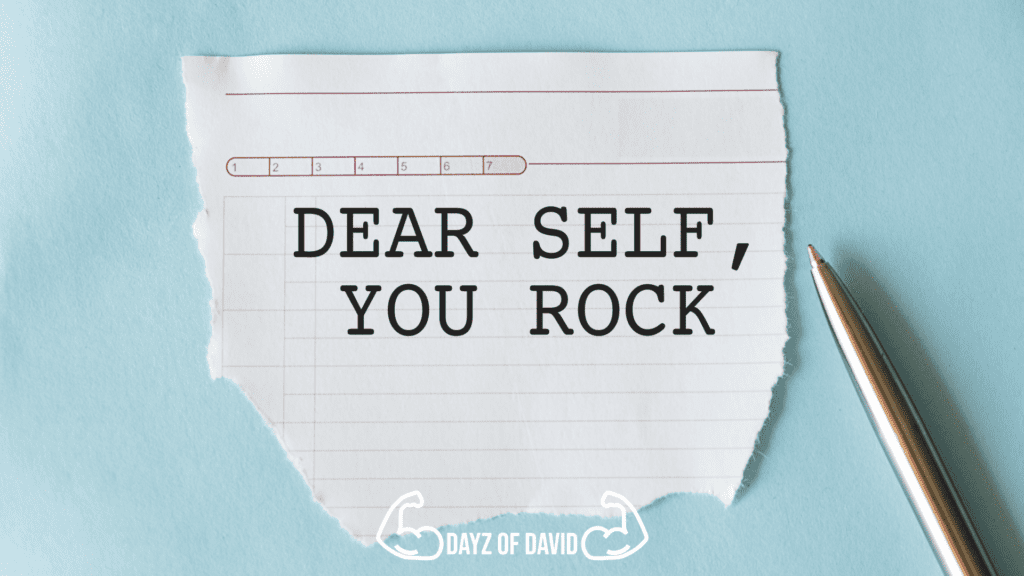Navigating the modern world with its constant demands can often lead to mental clutter, hindering our productivity and focus. In the quest for optimal performance, it is essential to uncover effective productivity hacks that can declutter the mind and enhance efficiency during work or creative endeavors. By implementing actionable steps and strategies, we can clear the path to improved focus and success. Join us in this exploration of practical techniques to streamline your thoughts and elevate your performance, as we delve into the realm of clearing mental clutter for enhanced productivity and achievement.
Understanding Mental Clutter
The Impact of Mental Clutter on Productivity
Mental clutter can act like a barrier to our productivity. It’s the noise in our headspace that distracts us from focusing on what truly matters. When we have too many thoughts bouncing around, it becomes challenging to concentrate on the task at hand. This can result in diminished work quality, missed deadlines, and increased stress levels. Mental clutter often leads to multitasking, which might seem efficient on the surface but actually causes more harm than good. Studies have shown that multitasking can reduce productivity by as much as 40%. It’s not just about working harder; it’s about working smarter. Eliminating mental clutter creates room for clear thought, allowing us to be fully present and engaged in our work, which in turn boosts performance and output. By addressing the root causes of mental clutter, we can reclaim our cognitive resources and operate at our peak potential.
The Psychology Behind Mental Clutter
Mental clutter is deeply rooted in our psychological processes. It stems from the overload of information that bombards us daily, leading to decision fatigue and cognitive overload. Our brains can only process so much information at once, and when we exceed this capacity, it becomes difficult to filter out irrelevant information. This results in a decrease in our mental resources that could otherwise be used for critical thinking and problem-solving. Furthermore, mental clutter is often a product of unresolved emotions or stress, which can preoccupy our thoughts and prevent us from fully engaging with the present moment. To manage mental clutter effectively, we need to understand our unique triggers and stressors. This self-awareness allows us to anticipate and mitigate the impact of mental clutter, thus preserving our cognitive bandwidth for more productive activities.

Decluttering Techniques for Optimal Performance
Harnessing the Power of Positive Self-Talk
Positive self-talk can be a powerful tool in clearing mental clutter. It shapes our mindset and influences our approach to work and challenges. By consciously shifting our inner dialogue from negative to positive, we can reduce stress and enhance our problem-solving capabilities. Start by noticing when negative thoughts creep in. These are often exaggerated and not based on facts. Challenge these thoughts and replace them with positive affirmations that reinforce your abilities and worth. For instance, instead of saying “I can’t handle this,” try “I have the skills to work through this challenge.” This reframing can dramatically alter your perspective, making it easier to focus and maintain productivity. Remember, the way we talk to ourselves influences our emotional and mental states, which directly impacts our performance. Encouraging and constructive self-talk clears the way for efficiency and effectiveness.
Shifting Paradigms: Transforming Your Subconscious Mind
Transforming your subconscious mind is a fundamental step in decluttering mental space and enhancing performance. Our subconscious holds deep-seated beliefs and habits that can either impede or propel our productivity. To shift paradigms, start by identifying limiting beliefs that contribute to mental clutter. These might be ingrained ideas about your capabilities or what you deserve in terms of success. Once identified, work on replacing them with empowering beliefs through techniques like visualization and affirmations. Regularly visualize yourself successfully completing tasks and achieving goals to reinforce a positive self-image. Pair this with affirmations that support your new paradigm, such as “I am capable and confident in my abilities.” Over time, these practices can rewire your subconscious, leading to a more focused and decluttered mind that’s aligned with your performance objectives.
Mastering the Art of ‘Letting Go’
One of the most effective ways to clear mental clutter is to master the art of ‘letting go’. Holding on to past mistakes, worries about the future, or tasks that we can’t control consumes valuable mental energy. Start by acknowledging that not everything requires your immediate attention or emotional investment. Learn to distinguish between what is within your control and what is not. For the former, devise a plan of action; for the latter, practice acceptance. Mindfulness exercises can help with this process. They bring your focus back to the present and allow you to release unnecessary thoughts. Techniques such as deep breathing, meditation, or yoga can aid in letting go of the mental weight. By doing so, you create space for new, productive thoughts and actions. Remember, letting go is not about giving up, but rather about choosing where to invest your mental efforts for maximum productivity.
Sustaining a Decluttered Mind
Hormonal Optimisation for Mental Clarity
Hormonal balance plays a crucial role in maintaining mental clarity. Hormones like cortisol, serotonin, and dopamine affect our mood and cognitive functions. To optimize these hormones for better focus and a decluttered mind, consider lifestyle choices that support hormonal health. Regular exercise, for instance, can reduce cortisol levels, which is known as the stress hormone, and increase endorphins, which boost mood and concentration. Adequate sleep is also vital as it helps regulate hormone production and supports brain function. Furthermore, a balanced diet rich in omega-3 fatty acids, lean proteins, and antioxidants can aid in optimizing hormone levels for improved mental clarity. It’s important to recognize that what we do with our bodies has a direct impact on our minds. By focusing on hormonal health, we can sustain the benefits of a decluttered mind over the long term.
Accessing Effortless Theta States for Focus
Theta brainwave states are associated with deep relaxation, creativity, and heightened receptivity. Accessing these states can enhance focus and sustain a decluttered mind. One method to achieve this is through meditation, which can lower brainwave frequencies to the theta level. In this state, the mind can experience profound clarity and peacefulness, which is conducive to focus and effective problem-solving. Additionally, certain types of music and binaural beats are designed to encourage theta state induction. These auditory tools can be used during work breaks to reset the mind and promote concentration. It’s also beneficial to schedule short, regular intervals of quiet time throughout the day to allow the brain to enter restful states naturally. By integrating these practices into your daily routine, you can tap into the power of theta states, leading to enhanced mental clarity and sustained focus.
You can read more on theta here: https://empowermentandelevation.com/paths-to-success/effortless-theta-states-10-ways-to-access-theta-brain-waves/
Life Optimisation: The Path to Sustained Success
Achieving and sustaining a decluttered mind goes hand in hand with life optimisation. It’s about creating an environment and lifestyle that continuously foster focus and productivity. This includes having a well-organised physical space, which can significantly reduce mental clutter. It also means establishing routines that support your mental and emotional well-being, such as regular exercise, healthy eating, and time for relaxation. Furthermore, life optimisation involves setting clear goals and priorities, which can help navigate distractions and stay aligned with your objectives. By regularly assessing and adjusting your habits, you can ensure that every aspect of your life is contributing to your success. Remember, a decluttered mind is not a one-time achievement but a continuous process that requires consistent effort. By optimising your life for clarity and focus, you lay the foundation for sustained success in all your endeavors.
Conclusion
In today’s fast-paced world, navigating the constant demands can often leave our minds cluttered and hinder our productivity. However, by uncovering effective productivity hacks and implementing actionable strategies, we can clear the path to improved focus and success. This exploration of practical techniques to streamline thoughts and elevate performance has shed light on the importance of understanding mental clutter, its impact on productivity, and the psychology behind it.
Positive self-talk, shifting paradigms, and mastering the art of letting go are powerful tools in decluttering mental space and enhancing performance. By harnessing the power of positive affirmations, transforming subconscious beliefs, and practicing mindfulness, individuals can create a mindset conducive to focus and efficiency. Additionally, optimizing hormonal balance and accessing effortless theta states further sustain mental clarity and promote sustained focus.
Achieving and sustaining a decluttered mind is intrinsically linked to life optimization—a continuous process of creating an environment and lifestyle that foster productivity and well-being. By establishing routines, setting clear goals, and optimizing every aspect of life for clarity and focus, individuals can lay the foundation for sustained success in all endeavors.
In essence, decluttering the mind for enhanced productivity and achievement is not just about working harder; it’s about working smarter. By implementing these strategies and committing to ongoing self-improvement, individuals can clear mental space, optimize performance, and unlock their full potential for success in the modern world.




